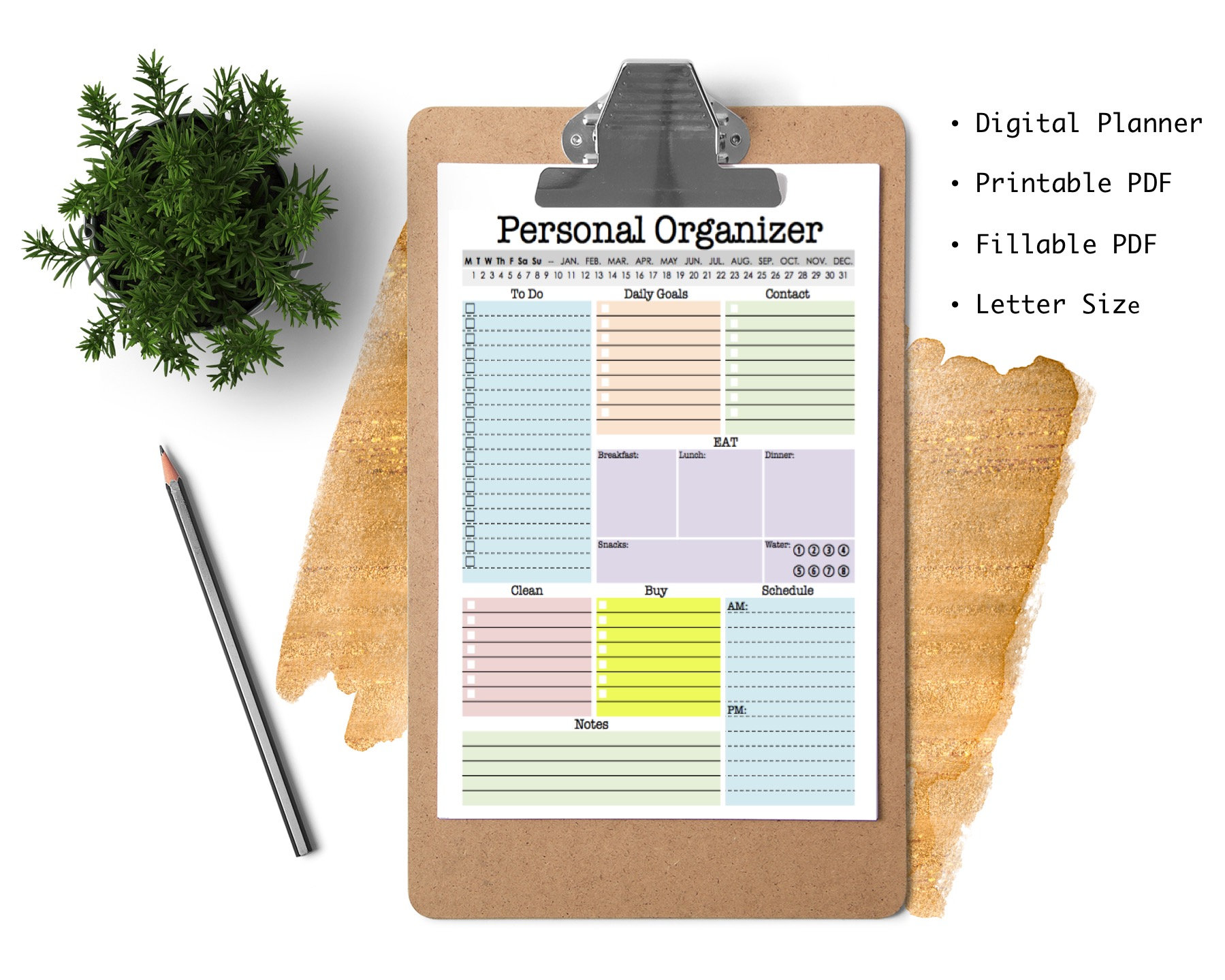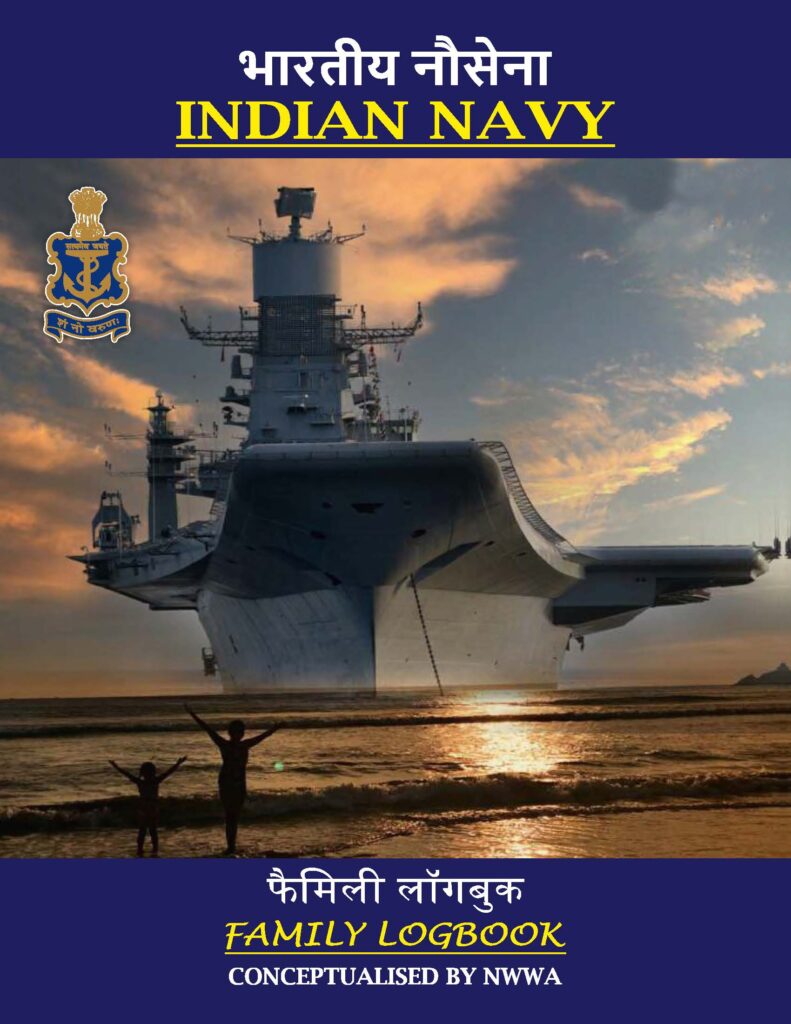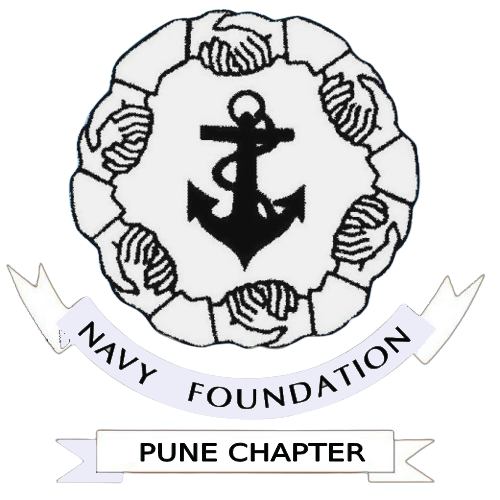
Personal Information
In addition to the Master Folder, it is also a best practice for the veteran to keep all his personal information in a secure, central location that his next of kin can access. The following table is an indicative – though not necessarily all-encompassing – list of some of the important information that should be maintained.
Item | Details |
|---|---|
Personal Information | Aadhar, PAN, Driving License, Voter ID, Passport, Ration Card, Email Addresses and login particulars |
Certificates | Birth, Education, Marriage, Domicile |
Service and Retirement Particulars | Personal Number, PPO |
ESM Cards | ECHS Card, CSD Smart Card, ROIC Card, ESM I-Card |
Banking and UPI Details | Account Numbers of Savings Accounts, Fixed Deposits, Safe Deposit Lockers, Credit/Debit Cards/UPI IDs with PIN, Loans taken |
Investments / Saving Schemes | Details of shares along with depositories, Demat Accounts, Mutual Funds, Debt Instruments (PPF, SCSS, NSC, SGB, etc) |
Insurance | Details of Life, General (Vehicle), Medical Insurance Policies held |
Tax | Information to access the Income Tax portal, Property Tax details |
Utilities | Electricity, Gas, Telephone, Mobile account IDs, WiFi/Broadband |
Information Technology and Mobiles | Login information for PCs/Laptop/Smartphone, software, cloud storage accounts |
Club Memberships | RSAMI, SSTASC, RWITC membership details |
Subscriptions | Software, online magazines/newspapers |
The above information could either be printed or stored digitally using a notes application such as Microsoft OneNote (with password protection) or a password manager, which can store notes securely.

Towards this end, NWWA has brought out an Indian Navy Family Logbook which is a good aide memoire to store personal data in a single point format. A copy of the same may be downloaded by clicking here.
